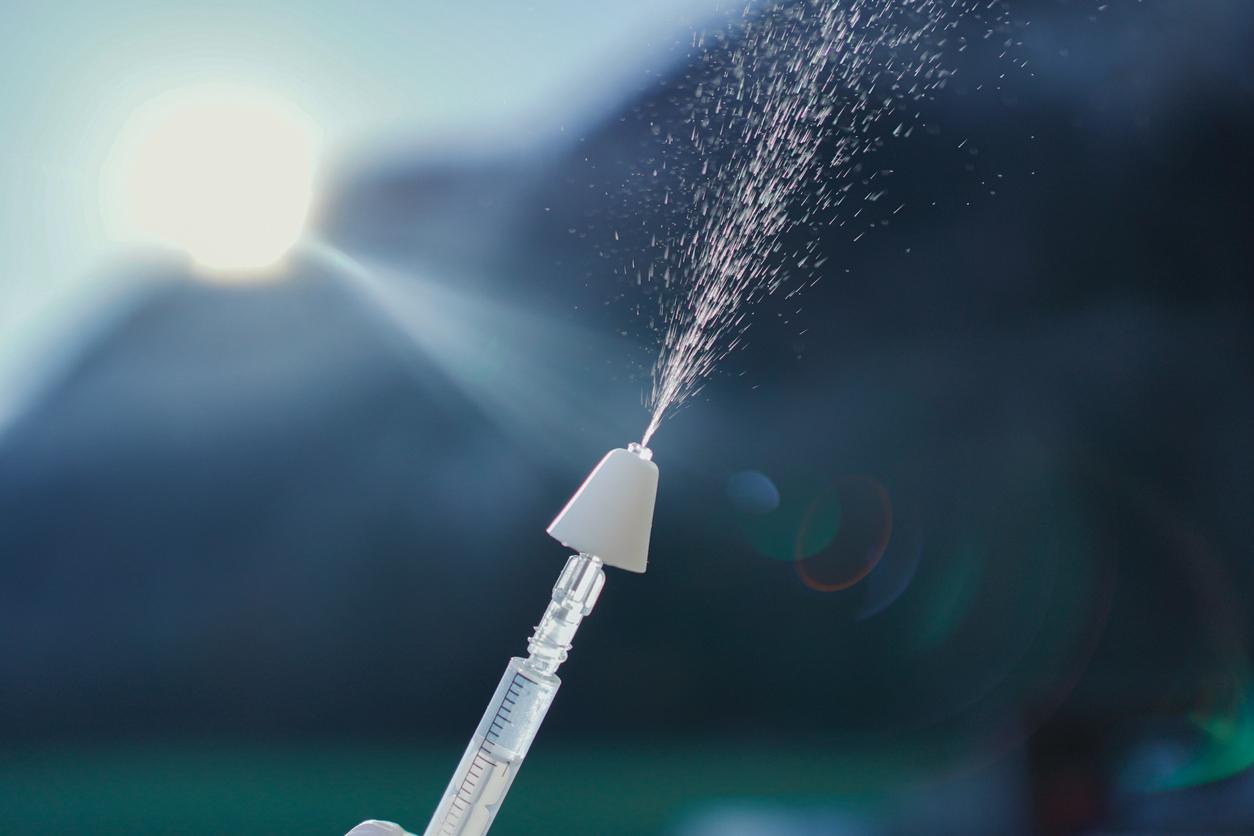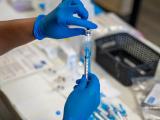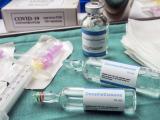Against the backdrop of a global push for new COVID vaccines that can provide broader and longer lasting protection, Codagenix today announced that its live-attenuated intranasal vaccine candidate prompted robust humoral and cellular immunity in adults who took part in a phase 1 clinical trial.
The New York-based company detailed the findings for the vaccine, called CoviLiv, ahead of an October 13 presentation at the ID Week meeting in Boston. Codagenix is developing the vaccine with the Serum Institute of India, and a phase 3 efficacy trial is already underway as part of the World Health Organization (WHO) Solidarity vaccine trials.
Vaccine just received Project NextGen funding
Experts have been strongly advocating for better COVID vaccines, including ones that can target more conserved parts of the SARS-CoV-2 virus instead of just the spike protein, which often changes as the virus evolves. Their wish list also includes vaccines that can curb transmission and prevent symptoms. In February, a group led by the Center for Infectious Disease Research and Policy, which publishes CIDRAP News, published a roadmap for advancing better vaccines against coronaviruses.
Intranasal vaccines are an attractive option for stimulating mucosal immunity via a needle-free formulation, and several are in development. However, vaccine developers face a number of challenges, such as ensuring that the antigen is absorbed into the mucosa.
Earlier this month, Codagenix announced a contract with the Biomedical Advanced Research and Development Authority (BARDA), part of the Department of Health and Human Services, as part of the Project NextGen program to support the development of CoviLiv. The contract provides an initial $10 million and is worth up to $389 million, with a goal of covering a phase 2 trial with 10,000 participants who completed an earlier primary mRNA vaccine series that will evaluate how well CoviLiv protects against symptoms when compared to the latest authorized mRNA vaccine.
Project NextGen is an HHS initiative to advance innovative treatments and vaccines for COVID.
Phase 1 study details
Participants in the dose-escalation study, who hadn’t been vaccinated against COVID before, received two doses of the inhaled vaccine. At the highest dose (5x106 plaque-forming units), the vaccine prompted robust humoral and cellular responses. T-cell reactivity was specific to for multiple antigens besides the often-mutating spike protein.
At an ID Week media briefing yesterday, Johanna Kaufmann, PhD, executive vice president for oncology and immunology at Codagenix, said frequency of vaccine reactions was lower for CoviLiv recipients than for the placebo group, and no fever or loss of taste or smell were observed. She added that T-cell response researchers saw was similar to natural infection, as expected for a live-attenuated vaccine.
She said the vaccine, which is easy to administer and doesn’t require refrigeration, would be easier to deploy in low-resource settings and might be more appealing to people who are more comfortable with more established vaccine production platform.
From a medical standpoint, Kauffman said live-attenuated intranasal vaccines have the advantage of mimicking the natural route of infection and inducing a specific type of local immune response—one that involves tissue-resident immune cells— different than responses seen from systemic vaccine delivery.
“It’s actually quite fascinating to see how well this attenuated virus mimics natural infection, which gives us high hope to contribute now in a more complex vaccination ecosystem, that this virus can contribute to hybrid immunity,” she said.
So far, research teams haven’t conducted transmission studies involving CoviLiv, but Kauffman said viral shedding was very limited after the second dose.





















